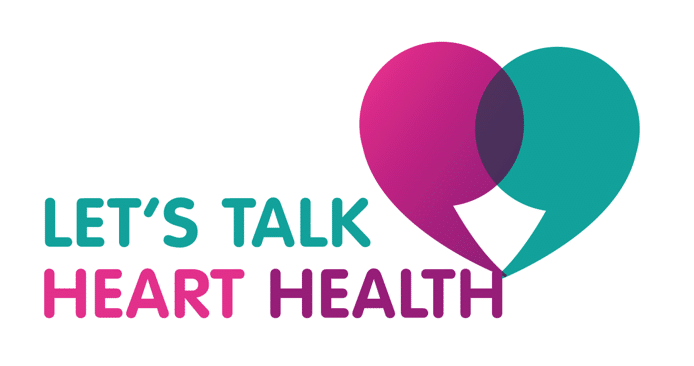The iHV was awarded funding from The Burdett Trust for Nursing to strengthen the skills of health visitors as leaders within the early years, to enhance their work with families to reduce the risk of cardiovascular disease (CVD). This was achieved by developing an evidence-driven, blended online learning training programme for CVD prevention – based on an adapted version of the Family Partnership Model’s (FPM) strengths-based approach to working with families. The training programme was informed by the latest evidence and insights gathered from practitioners and families.
CVD has its origins in-utero, early childhood and adolescence. It is driven by underlying social, economic, political, environmental and cultural factors, broadly known as ‘social determinants’ of health. Physical inactivity, unhealthy diets, exposure to alcohol and tobacco, and unhealthy environments are important risk factors and are often preventable.
There is strong evidence that reducing risk factors, starting in the earliest years of life, can make a big difference to lifelong health and wellbeing and the reduction of health inequalities. Reducing CVD is not simply a matter of changing individual behaviour in isolation; broader changes in social, economic, environmental and cultural contexts are also needed.
Health visitors have unique access to families during pregnancy and the early years which provides timely opportunities for early intervention. These have the potential to help reduce the risk of CVD and identify individuals most in need, to address disparities in health outcomes.
The project aims to strengthen the skills of health visitors as leaders within the early years to reduce the risk of CVD, through the enhancement of skills, in a blended online learning programme. The programme covers 3 modules:
- Module 1: Introduction to CVD as a public health priority – key messages (brief overview of latest guidance on all 4 risk factors)
- Module 2: Family Partnership Model (FPM) – theory and concepts
- Module 3: FPM in practice – ‘helper process’ in relation to CVD risk, split into 4 sections, one for each of the risk factors (smoking, physical activity, alcohol and healthy weight/healthy nutrition)
The programme has now been piloted with 40+ practitioners and is being delivered to 80+ practitioners as we speak. The feedback so far is really positive and practitioners are reporting the new learning is supporting their practice.
If you are interested in the CVD training programme, please contact [email protected]








